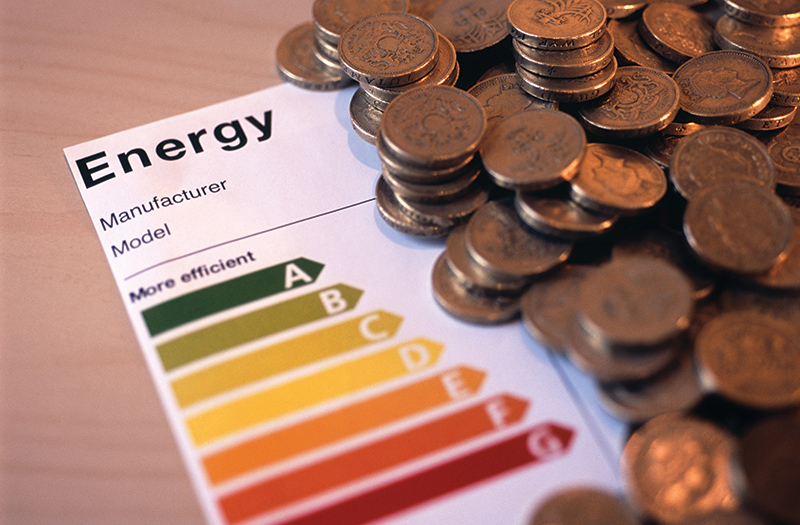Let’s talk about energy efficiency…
Published: 13th December 2013

For those who have been in the industry a decade or more, sustainability used to be the buzzword; the one that everyone banded about. Regardless of how tenuous, everyone and everything it appeared had a claim to be sustainable. Now, cynicism aside, it would appear that energy efficiency has replaced sustainability as the phrase.
Higher and Higher
As homeowners or residents we all receive the same ghastly energy bills, and unless you’re rather partial to cold meals, a cold house and cold showers you can’t fail to have noticed that the figure on these bills keeps on creeping up; and it doesn’t look set to stop. Some companies, including npower have stated that Britons will be paying an average 20% more on annual energy bills by 2020.
The reality of this hike in energy costs is fuel poverty. The government has recently redefined the term ‘fuel poverty’ and even amidst a pleasantly warm British summer, it’s making headlines. The Telegraph reported a £438 fuel poverty gap for customers (8th August 2013). That’s £438 between their bills and what they can afford to pay – an increase of almost £200 on a decade ago. The new definition has taken nearly one million households out of the ‘fuel poverty’ bracket but this, energy minister Michael Fallon said: “…will help get support to the most vulnerable in society. We are pressing the big six to make sure the poorest households aren’t stuck on expensive tariffs, to simplify their rates and make it easier to switch.”
So what was once a regarded as a rather green and alternative way of life is in fact bordering on essential – energy efficiency isn’t just a marketing term it’s becoming a necessary factor in everyday living.
< Back to News Page
Share This










